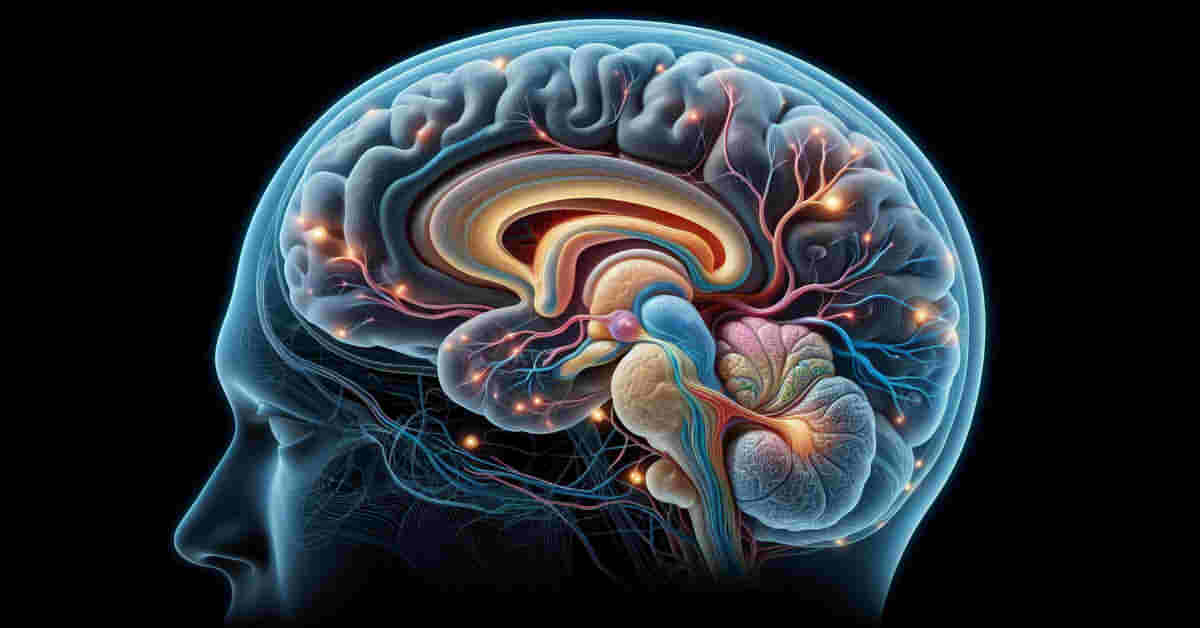Questions such as “How can I stop feeling emotions?”, “How do I kill all my emotions and all my feelings?”, “How can I feel nothing, emotionally?”, “What are good ways to block all your emotions that are permanent, not temporary solutions for the moment?”, “What is the fastest way to feel emotionally numb?”, “How can I shut down my emotions?”, “How can I lose all my emotions?”, “How do I suppress my feelings/emotions?”, and “How do I become better at controlling emotions?” indication a desire for control. People who ask like these questions are more likely living in denial. They cannot accept their current reality as it is. They are in constant rejection of their past. Furthermore, they may complain about their lifestyle, work, salary, weather, traffic, spouse, or politics. They cannot welcome their problems with an open mind. All they are willing to do is to control the outcomes, because it is the most comfortable way. Instead of accepting emotions as they are, disturbing or pleasing, they rush quickly to control them by any means because it feels more comfortable.
The Sources of Control
Control mainly stems from two places, habit and pain. In the upbringing, our families and teachers indirectly teach us the habit of controlling any problem we encounter. The control here comes in the form of homework, or solving problems in home. In school, for example, we got rewarded whenever we solve difficult exercises or problematic situations, ingraining the habit of controlling the outcomes in our brains. This habit is beneficial for the physical reality, but non-beneficial when it comes to dealing with emotions.
Additionally, pain is another source of control. When we cannot bear the pain, we tend to control it to feel relief. The unbearable emotions cause suffering once they arise, leading to the urge to get rid of it immediately. The problem is that we perceive the pain caused by our emotions as a threat to our peace. However, this false perception is what aggravates the mental state. Considering something as a threat, triggers the fight-or-flight survival instinct, leading to more chaos in the brain. In contrary, emotions do not like to be treated as enemies but rather as friends.
The Opposite of Control
The best way to overcome control is to surrender once you realize that you are in the midst of emotional turmoil. Instead of fighting, rejecting, and complaining, just surrender and let go. When you surrender, you are in passive mode. You take no actions. You separate yourself from the turbulence of your emotions and keep watching. You play the role of the watcher in a cinema, not engaging with the movie playing the role of the victim that is being terrorized by villains (emotions). You simply stay still relaxed eating popcorn and enjoying the show till it ends. This is exactly how you should treat your emotions; you simply stay still and watch them till they express themselves and leave. Surrender means letting your emotions express themselves freely without any kind of intervention. Do not suppress nor repress. So just surrender, and don’t bottle up your emotions; let them flow like a river.
Deterrents to Giving up Control
As we have just seen in the previous paragraph, the opposite of control is surrender. Overcoming control demands surrender to your emotions by letting them express themselves. However, during the process of surrendering, you will face challenges that will deter you to give up control. These challenges mainly come from your own thoughts. Thoughts like “If I surrender, I am just a loser”, “I have never given up to any challenge, so why I would do so right now”, “If I surrender to my emotions, I will be a slave to them for the rest of my life”, “My emotions will never get released or dissolved, I would better take an action to stop them”, and “From my own experience, I have tried everything to stop my emotions without any results. So, what surrender can do as well”. These thoughts will try to convince that surrendering is futile, and you have to take control and do something. Just pay attention to these thoughts once they arise and ignore them because they have no power over you. You are the one to decide whether believing in them and be the victim to your emotions, or ignore them and surrender.
Conclusion
Being aware of the questions that indicate the desire for control is crucial for emotional growth. Once you admit to asking these kinds of questions, it is necessary to decide to give up control. Giving up control requires discipline and determination because during the process challenges will arise to deter being in the state of surrender. However, by understanding and practicing surrender, you can achieve emotional balance and peace.


